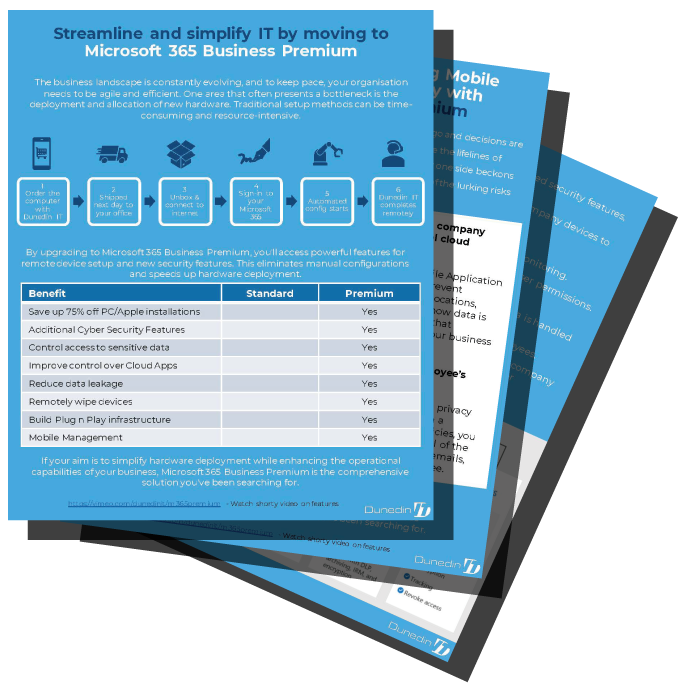The spectrum licences have been awarded, and the broad standards agreed. It’s almost time for another G to be added to the speed of your mobile data connection. Network operators, device manufacturers and chipmakers are all working away furiously to get their solutions to market first, but what’s in it for the mobile workforce?
Well, anything up to a ten-fold increase in your download speed could mean an HD movie taking seconds, rather than minutes but lower latency will also bring significant benefits as a host of new IoT devices come on-stream. Not to mention making bandwidth hungry multiplay a reality for serious gamers. These faster speeds may also improve battery performance as hardware manufacturers adapt their devices to work in shorter bursts. Time-sensitive applications such as digital health monitoring and driverless vehicles will benefit hugely from significant reductions in lag-time. The technology will also support much higher capacity across the networks – capable of handling the accelerating volume of devices coming online.
- Download speeds
- Lower latency
- Bandwidth and capacity
- Improved battery performance
5G will undoubtedly drive further growth in remote-working as increased reliability and speed make cloud solutions more accessible and in the UK. 5G RuralFirst, a UK Government Department for Digital, Culture, Media and Sport (DCMS) project between the private sector, government and academia, is exploring rural business opportunities enabled by 5G, such as agriculture, broadcasting, and utilities. Its also forecast that the new technology will drastically improve the speeds users enjoy on public transport.
There’s no doubt that 5G opens up new opportunities for business and you should incorporate its capabilities into your long-term planning for change and improvement. Despite EE’s ambition to have some form of 5G available during 2019, the widespread rollout isn’t expected until 2020 and given the costs expected for the networks to deploy, and it will be interesting to see how new commercial offerings are priced. Currently, these tend to be based on the amount of monthly data being consumed – does it all point to rising prices? There’s no doubt the mobile networks will benefit from new revenue streams though, not least of which is the ability to compete with or exceed the capability of traditional fixed internet access to home’s and small business, currently delivered as dual services – an Openreach telephone line coupled with either standard or Superfast broadband.
In March 2018, the six winners of the first Phase of the 5G Testbeds and Trials competition were announced. These six projects – led by small and medium-sized enterprises (SMEs), universities and local authorities – represent the best of UK innovation, resources and expertise and will test 5G across a range of applications.
5G Testbeds and Trials Programme
If they can get the pricing right, there’s a tremendous opportunity there for the mobile operators to change the face of home and business communications with 5G.






